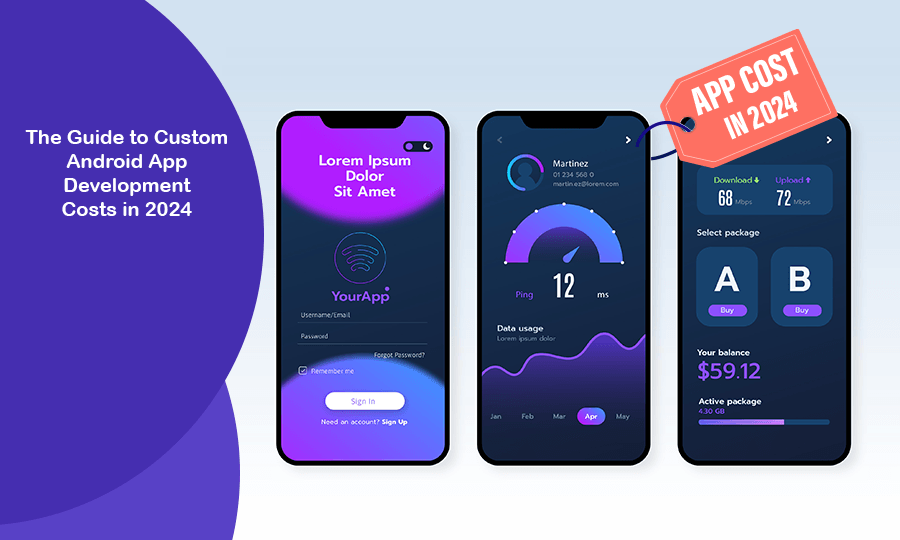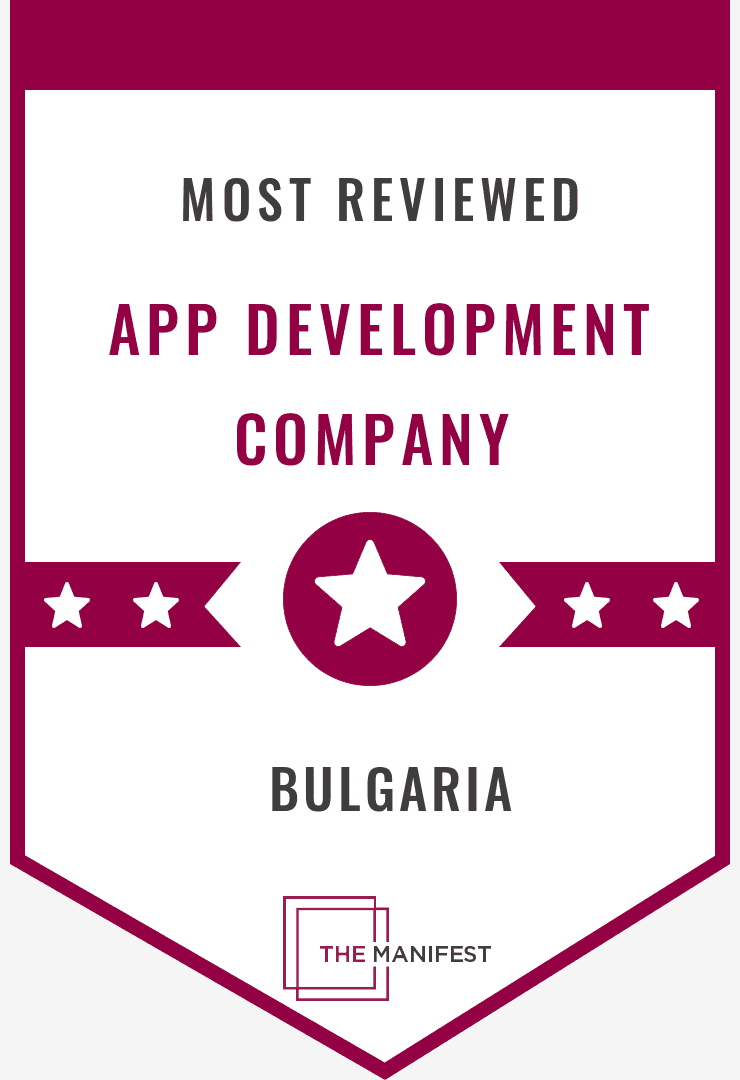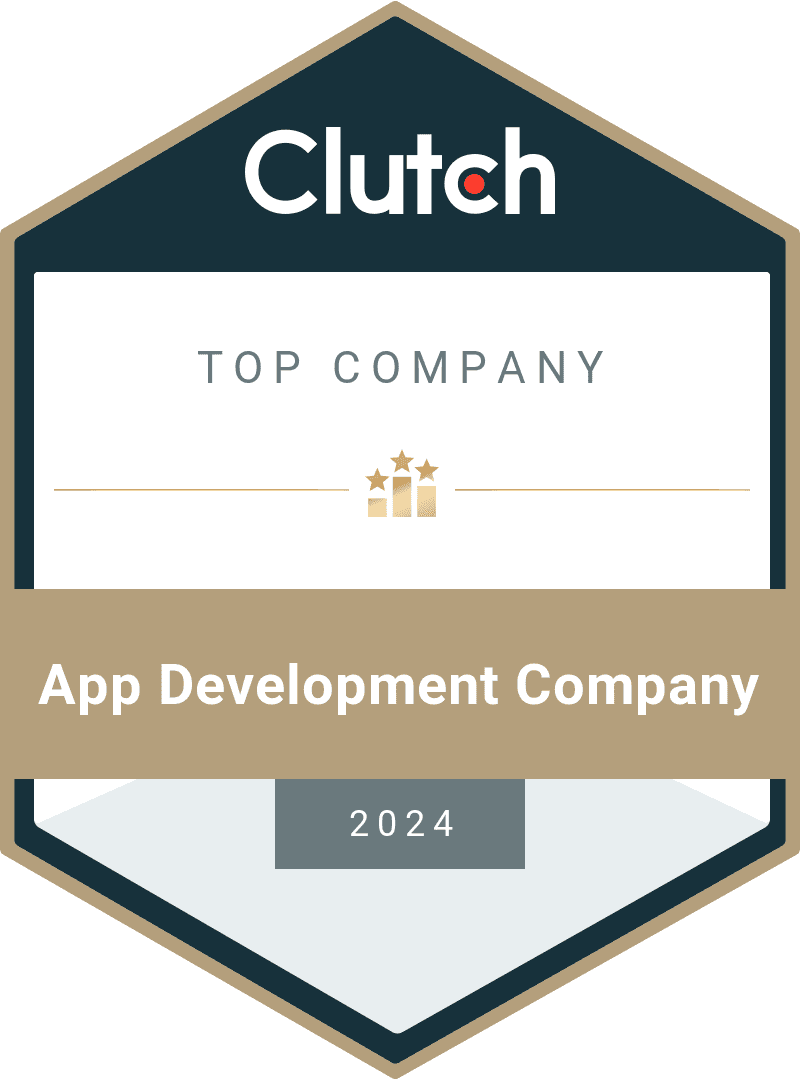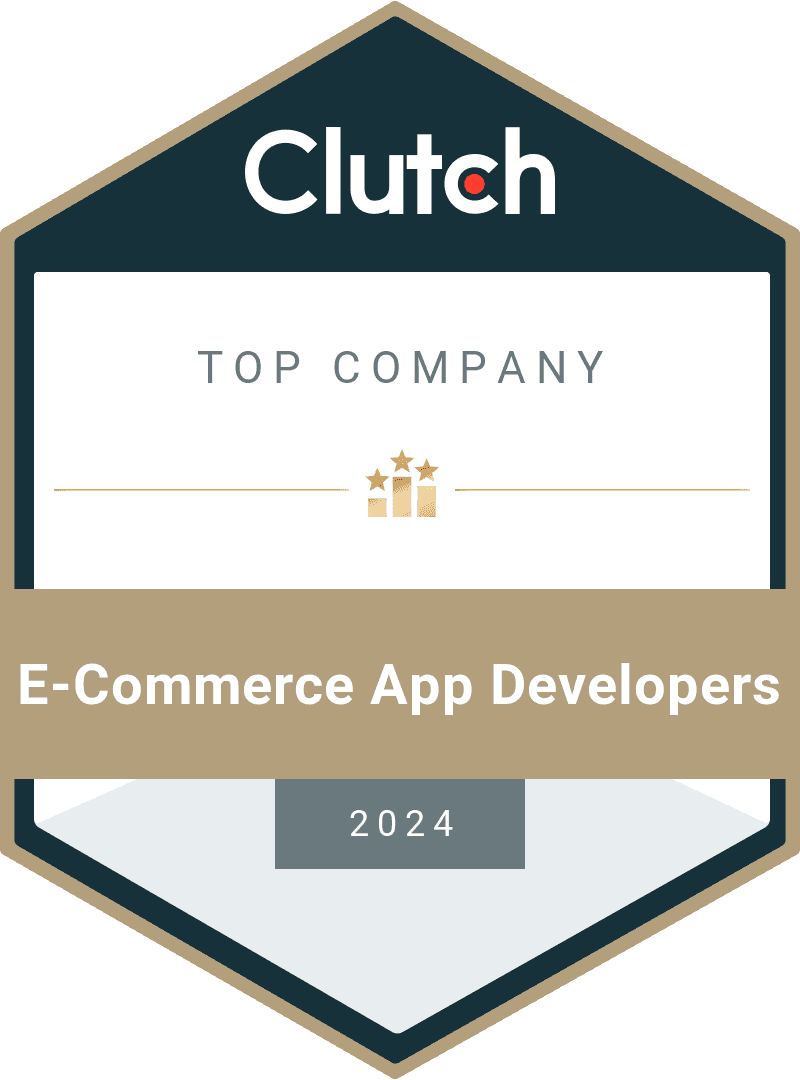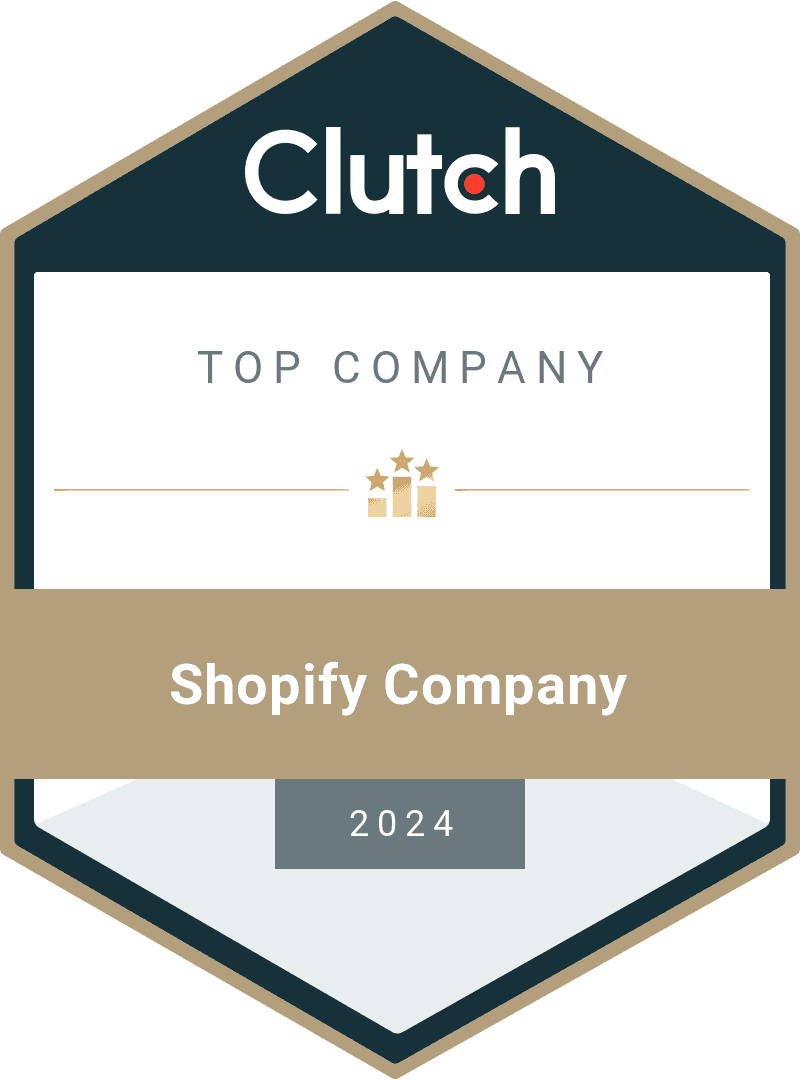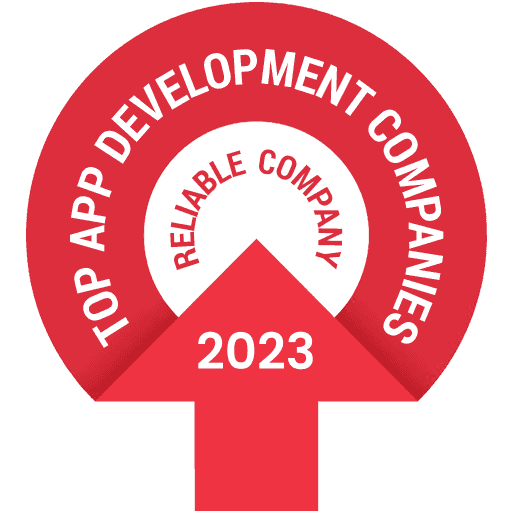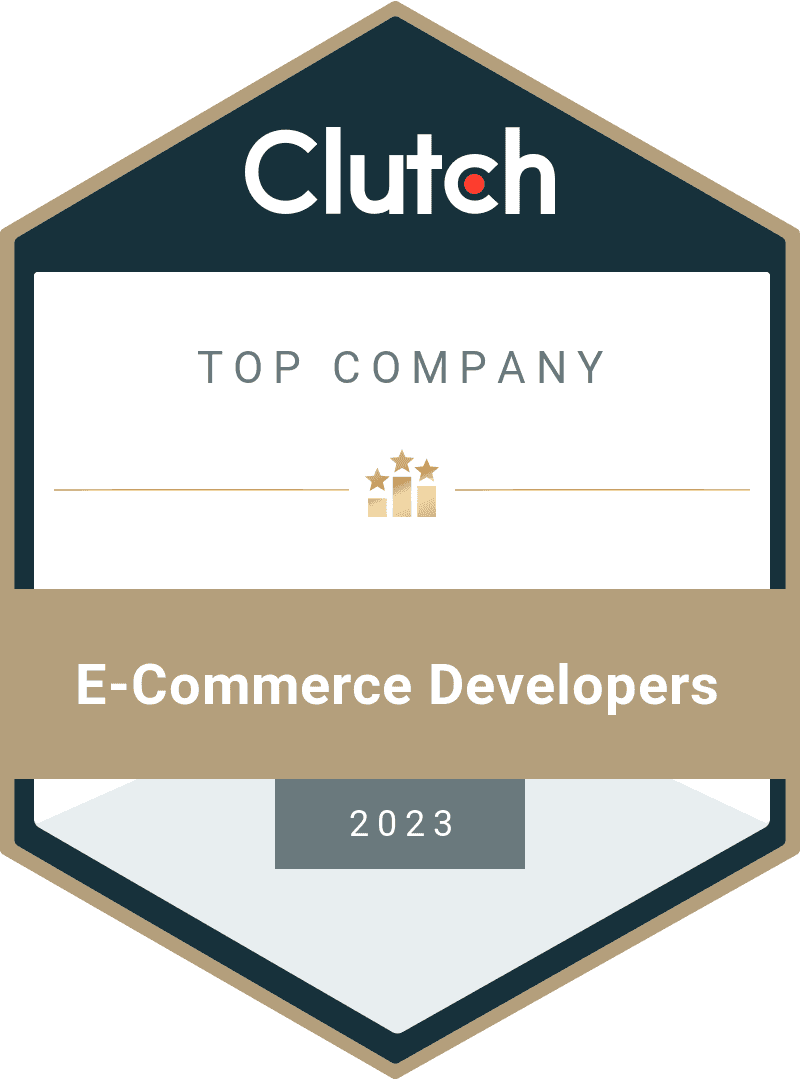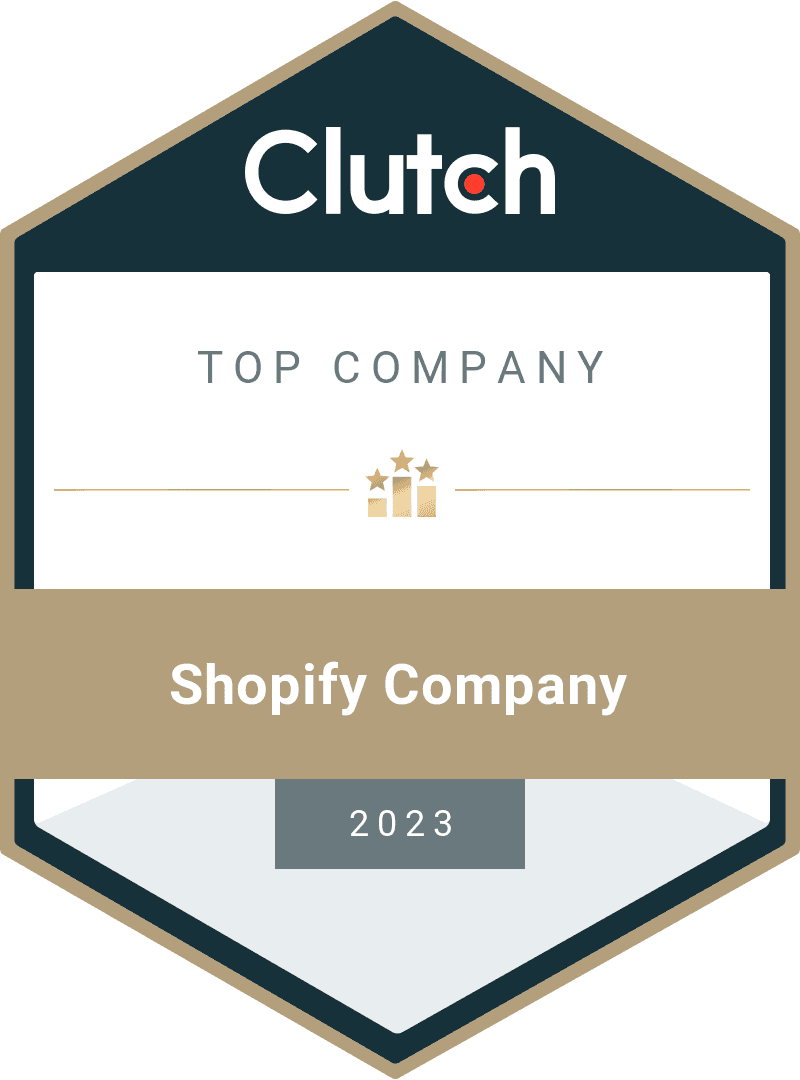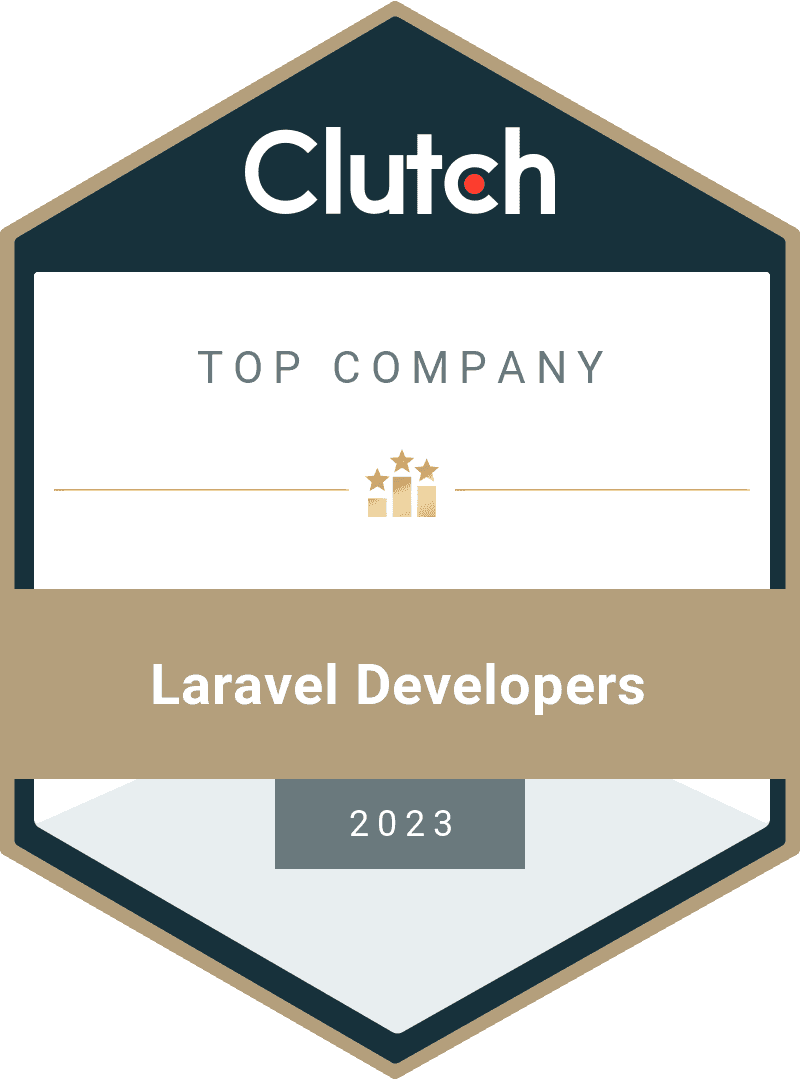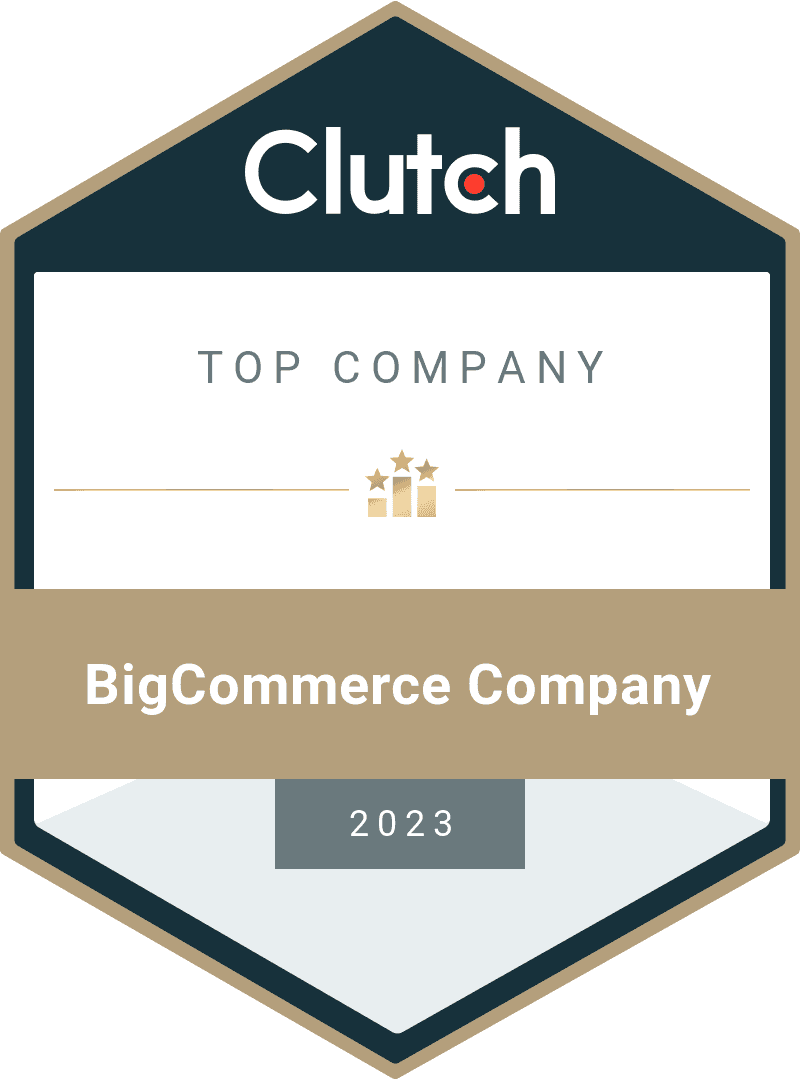Android apps continue to dominate due to their vast user base and flexibility. For businesses looking to capitalize on this trend, understanding the costs associated with custom Android app development is crucial. This comprehensive guide will walk you through the factors influencing these costs and provide insights to help you make informed decisions when partnering with a custom mobile app development company.
Step 1: Understand the Scope and Complexity of Your App
The first step in determining the cost of custom Android app development is to clearly define the scope and complexity of your app. This includes:
1. Basic Features vs. Advanced Features:
- Basic Features: User registration, login, profile management, simple navigation, basic UI components.
- Advanced Features: In-app purchases, social media integration, real-time chat, geolocation, complex animations, and offline mode.
2. Number of Screens and User Interface Complexity:
- More screens and complex UI designs require more development time and effort, increasing costs.
3. Backend Infrastructure:
- Simple apps might use basic backend services, while complex apps require robust backend infrastructure for data storage, user management, and real-time updates.
4. Third-Party Integrations:
- Integrating third-party services like payment gateways, social media, or analytics tools can add to the development cost.
5. Security Requirements:
- High-security features, such as data encryption and secure user authentication, also impact the overall cost.
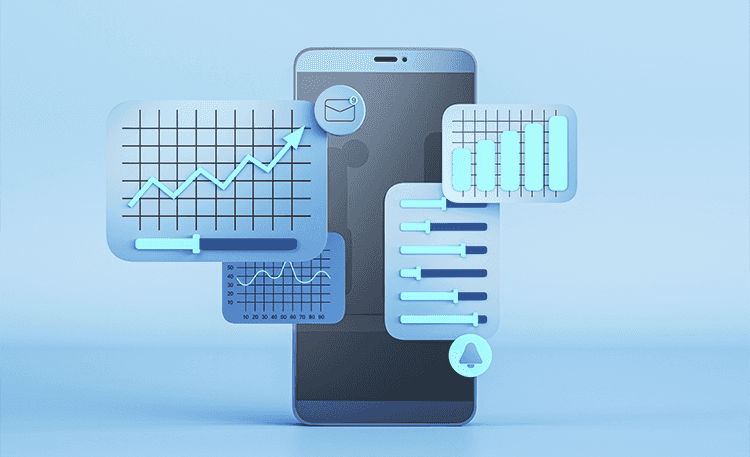
Step 2: Choose the Right Development Team
Selecting the right custom Android app development company is crucial. The cost will vary depending on the team’s expertise, location, and experience. Here’s how to choose:
1. In-House Team vs. Outsourcing:
- An in-house team might provide better control but could be more expensive than outsourcing to a custom mobile app development company.
2. Experience and Expertise:
- Evaluate the company’s portfolio to ensure they have experience in developing apps similar to your requirements.
3. Geographic Location:
- Development costs vary significantly across regions. North American and European developers tend to charge more compared to developers in Asia or Eastern Europe.
4. Freelancers vs. Development Agencies:
- Freelancers might offer lower rates, but a custom app development company typically provides a full range of services, including design, development, testing, and maintenance.
Step 3: Development Phases and Their Costs
Custom Android app development typically involves several phases, each contributing to the overall cost. Here’s a breakdown:
1. Planning and Research:
- This initial phase involves market research, defining target audiences, and outlining app features and functionalities. Costs here include business analysis and consulting fees.
2. UI/UX Design:
- Designing a user-friendly and visually appealing interface is crucial. This phase includes wireframing, prototyping, and final UI/UX design. Costs depend on the complexity of the design and the number of screens.
3. Development:
- The actual coding of the app is the most significant cost factor. This phase is divided into front-end development (user interface and user experience) and back-end development (server-side logic, database management, and integrations).
4. Testing and Quality Assurance:
- Thorough testing is essential to ensure the app is bug-free and performs well on various devices. This includes functional testing, performance testing, security testing, and user acceptance testing.
5. Deployment and Launch:
- Publishing the app on the Google Play Store involves additional costs, including developer account fees and potential marketing expenses.
6. Maintenance and Updates:
- Post-launch maintenance is crucial for keeping the app up-to-date with the latest OS versions and user requirements. This includes fixing bugs, adding new features, and regular updates.
Step 4: Additional Cost Factors
Several additional factors can influence the overall cost of custom Android app development:
1. App Store Fees:
- Google Play charges a one-time fee for developer registration and a percentage of in-app purchases.
2. Marketing and Promotion:
- To ensure your app reaches its target audience, budget for marketing and promotion, including social media campaigns, influencer partnerships, and paid advertisements.
3. Legal and Compliance Costs:
- Depending on your app’s functionality, you might need to comply with various regulations and standards, such as GDPR for data protection. Legal consultations and compliance checks can add to the cost.
4. Server and Hosting Costs:
- If your app relies on backend services, consider the costs of server hosting, cloud services, and database management.
Step 5: Estimating the Total Cost
Based on the factors mentioned above, let’s break down the estimated costs for different types of custom Android apps:
1. Simple Apps:
- Basic functionality with minimal screens and no complex features.
- Estimated Cost: $10,000 - $20,000
2. Moderate Apps:
- More features, moderate complexity, and integration with third-party services.
- Estimated Cost: $20,000 - $50,000
3. Complex Apps:
- Advanced features, complex UI/UX, and robust backend infrastructure.
- Estimated Cost: $50,000 - $100,000
4. Enterprise-Level Apps:
- Highly complex apps with enterprise-level features, security, and integrations.
- Estimated Cost: $100,000 and above

Step 6: Tips for Reducing Development Costs
While custom Android app development can be expensive, here are some tips to manage and potentially reduce costs:
1. Prioritize Features:
- Start with a Minimum Viable Product (MVP) that includes only the essential features. Add advanced features in subsequent updates based on user feedback.
2. Use Pre-Built Components:
- Where possible, use pre-built components and libraries instead of developing everything from scratch. This can save time and reduce costs.
3. Agile Development Methodology:
- Adopt agile development practices to ensure flexibility and iterative progress. This helps in managing changes and controlling costs effectively.
4. Outsource Strategically:
- Consider outsourcing parts of the project to a custom mobile application development company in regions with lower development costs while ensuring quality.
5. Regular Communication and Updates:
- Maintain regular communication with your development team to stay updated on progress and address any issues promptly. This helps in avoiding costly delays.
Step 7: Choosing the Right Development Partner
Finding the right custom mobile app development company is critical to the success of your project. Here’s how to ensure you make the right choice:
1. Portfolio Review:
- Review the company’s portfolio to assess their expertise in developing similar apps. Look for case studies and testimonials from previous clients.
2. Technical Expertise:
- Ensure the company has expertise in the latest technologies and development practices. This includes proficiency in Android development tools, programming languages (Java, Kotlin), and frameworks.
3. Communication and Transparency:
- Choose a partner that maintains clear and transparent communication throughout the development process. This includes regular updates, progress reports, and open channels for feedback.
4. Support and Maintenance:
- Post-launch support is crucial for the long-term success of your app. Ensure the company offers reliable maintenance and support services to handle updates, bug fixes, and feature enhancements.
5. Cost and Timeline:
- Get detailed cost estimates and timelines from potential partners. Compare these to find a balance between quality, cost, and time-to-market.
What are the Benefits of Custom Android App Development?
Investing in custom Android app development offers several advantages for businesses:
1. Tailored Solutions:
- Custom apps are designed to meet your specific business needs and objectives, providing a unique solution that off-the-shelf apps cannot match.
2. Scalability:
- Custom apps can be scaled and adapted as your business grows, ensuring long-term relevance and utility.
3. Competitive Advantage:
- A well-designed custom app can provide a competitive edge by offering unique features and superior user experiences.
4. Integration with Existing Systems:
- Custom apps can be seamlessly integrated with your existing systems and workflows, enhancing overall efficiency and productivity.
5. Enhanced Security:
- Custom apps can be built with robust security features to protect sensitive data and ensure compliance with industry regulations.
Final Thoughts on Custom Android App Development Costs
Understanding the costs associated with custom Android app development is crucial for businesses looking to invest in mobile applications. By assessing your business needs, choosing the right development partner, and carefully planning each phase of the project, you can effectively manage costs and ensure the successful delivery of your app. Whether you’re a startup or an established enterprise, partnering with a reputable custom mobile application development company can help you leverage the full potential of Android apps to drive growth and achieve your business objectives.
Invest in custom mobile app development services today to stay ahead of the competition and deliver exceptional experiences to your users. With the right approach and a skilled team of custom app developers, your business can achieve remarkable success in the ever-evolving mobile app landscape.
Relevant Articles:

